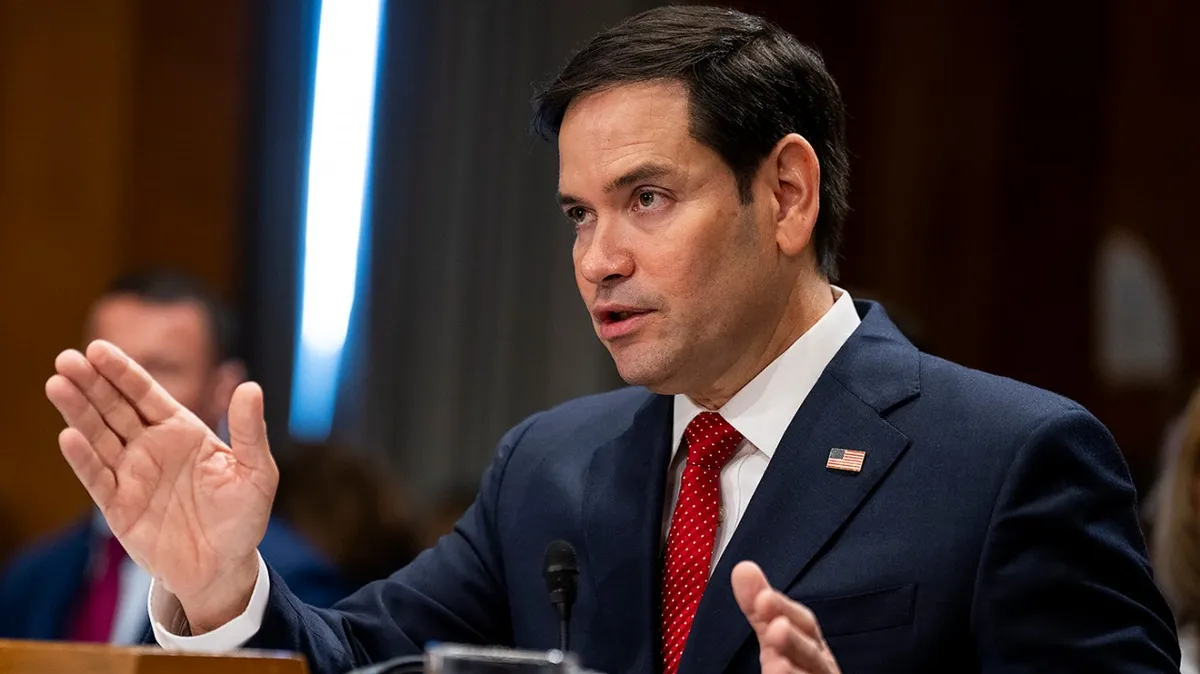
The United States government has taken a significant step by revoking visas for all South Sudanese passport holders. This decision comes as a response to the failure of South Sudan’s transitional government to accept its citizens who have been expelled from the U.S. Secretary of State Marco Rubio announced this action in a statement released on Saturday, emphasizing the importance of cooperation between nations in matters of immigration.
In his statement, Rubio noted, “As South Sudan’s transitional government has failed to fully respect this principle, effective immediately, the United States Department of State is taking actions to revoke all visas held by South Sudanese passport holders and prevent further issuance.” This sweeping action aims to prevent the entry of South Sudanese citizens into the United States and marks a significant shift in U.S. immigration policy regarding South Sudan.
Rubio articulated that the U.S. government is prepared to reassess these actions once South Sudan demonstrates full cooperation. He accused the South Sudanese government of “taking advantage of the United States” and underscored the necessity of enforcing immigration laws for the nation’s national security and public safety. “Every country must accept the return of its citizens in a timely manner when another country, including the United States, seeks to remove them,” he stated, highlighting a key principle of international immigration law.
Alongside the cancellation of existing visas for South Sudanese citizens, Rubio confirmed that the U.S. will also impose restrictions on any further visa issuance. This comprehensive action is unprecedented since President Trump began his second term in office on January 20. The implications of such a decision are profound, considering South Sudan's status as one of the world's newest and most impoverished nations, having gained independence in July 2011.
The backdrop of this visa revocation is the escalating tension in South Sudan. Recently, United Nations Secretary-General António Guterres issued a warning that the country is slipping deeper into crisis. He urged regional and international leaders to intervene and assist in averting a potential civil war. Guterres remarked, “South Sudan may have fallen off the world’s radar, but we cannot let the situation fall over the abyss,” emphasizing the urgent need for international attention and assistance.
The decision by the U.S. government to revoke visas for South Sudanese passport holders is a clear signal of the growing tensions between the two nations. As the international community watches closely, the hope remains that diplomatic efforts will lead to improved cooperation and ultimately, a better future for the people of South Sudan.